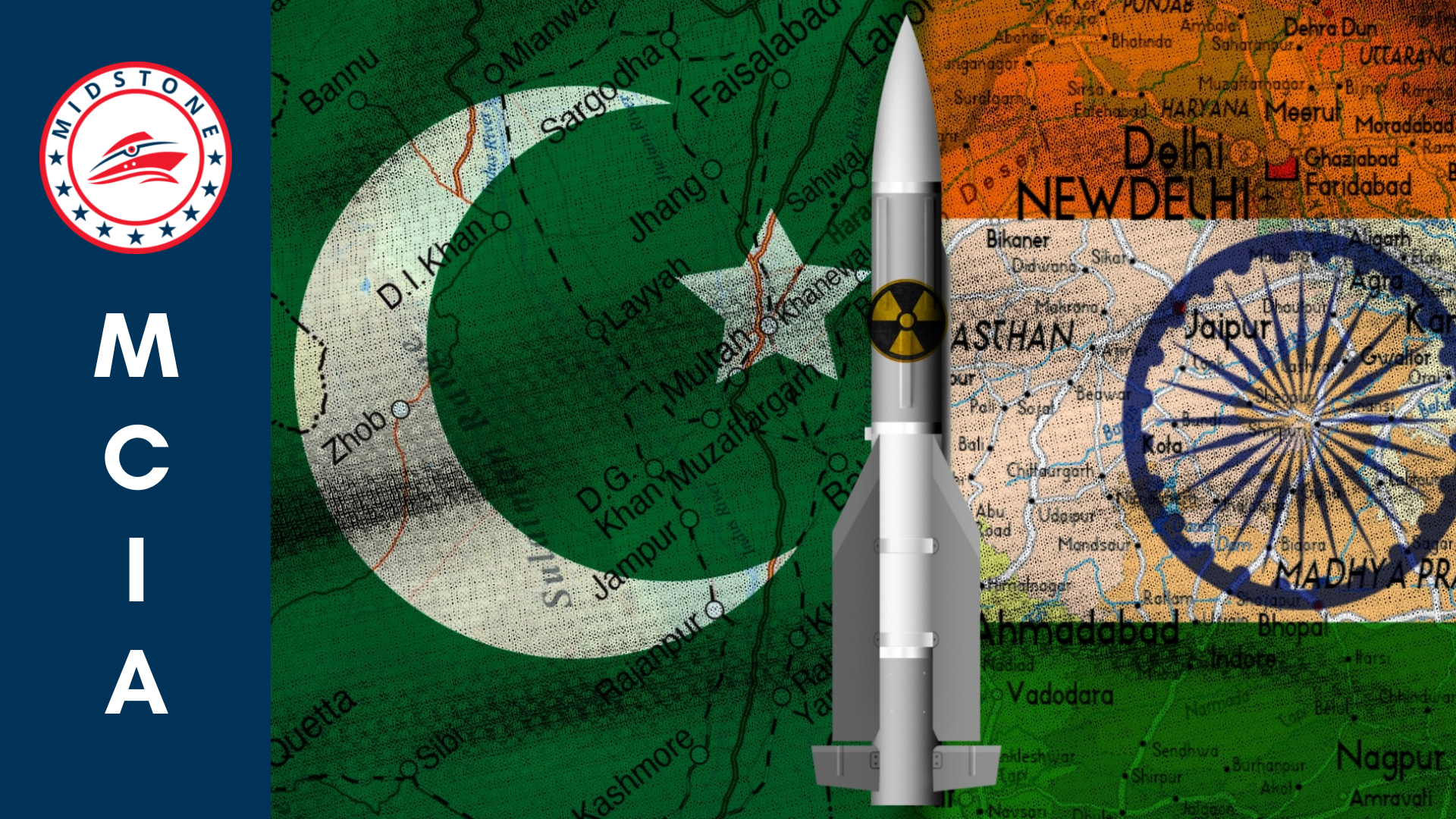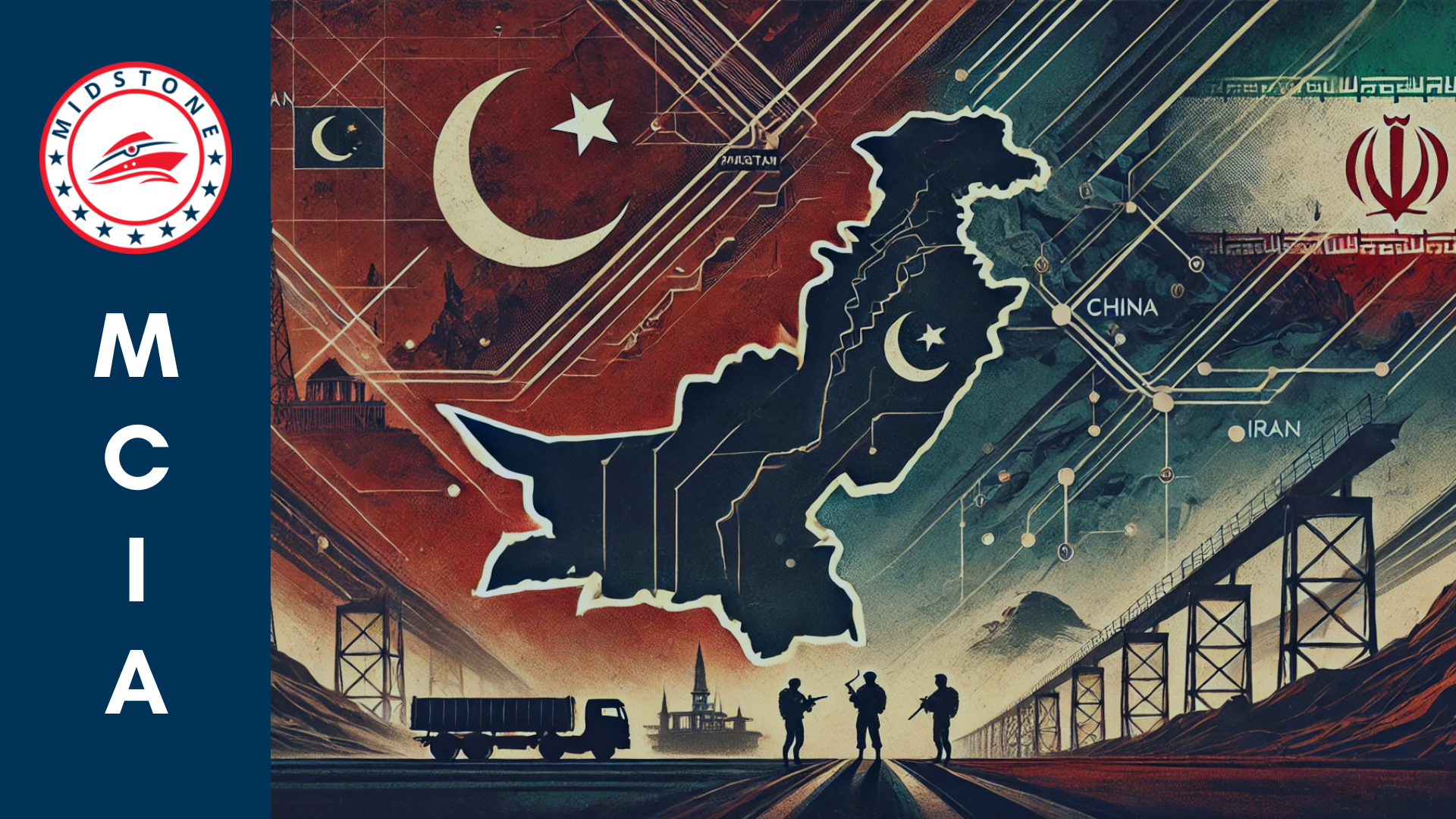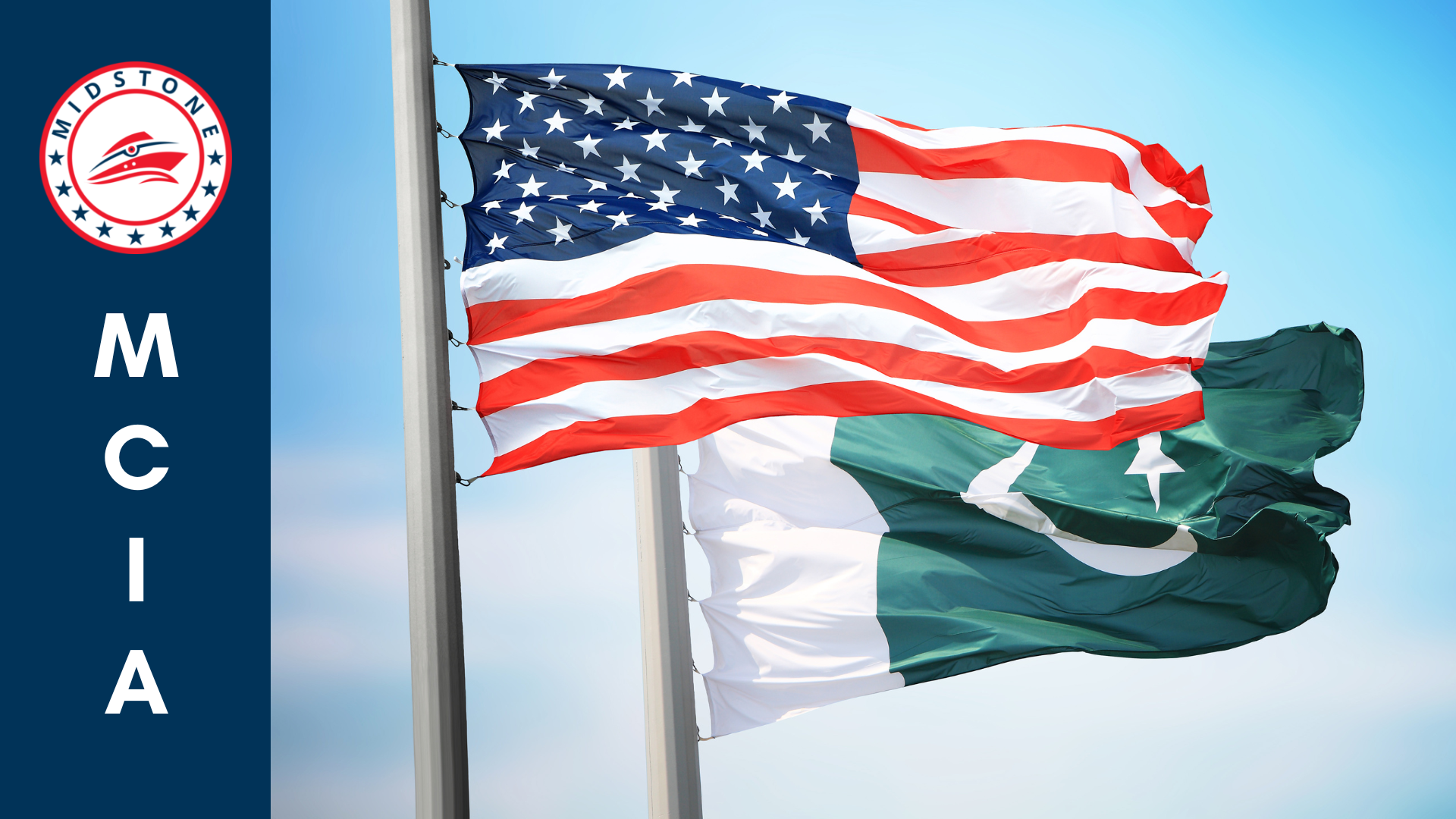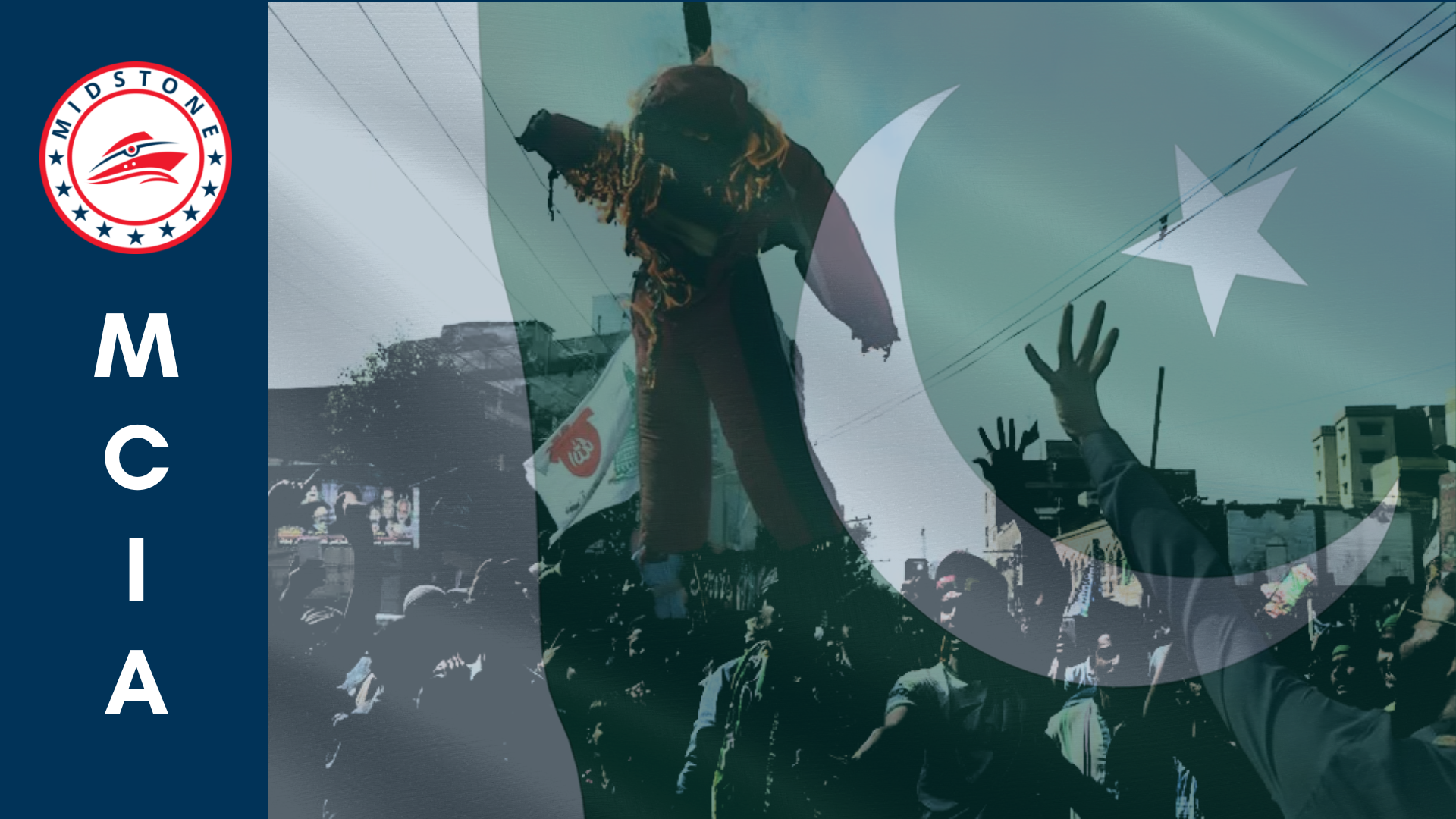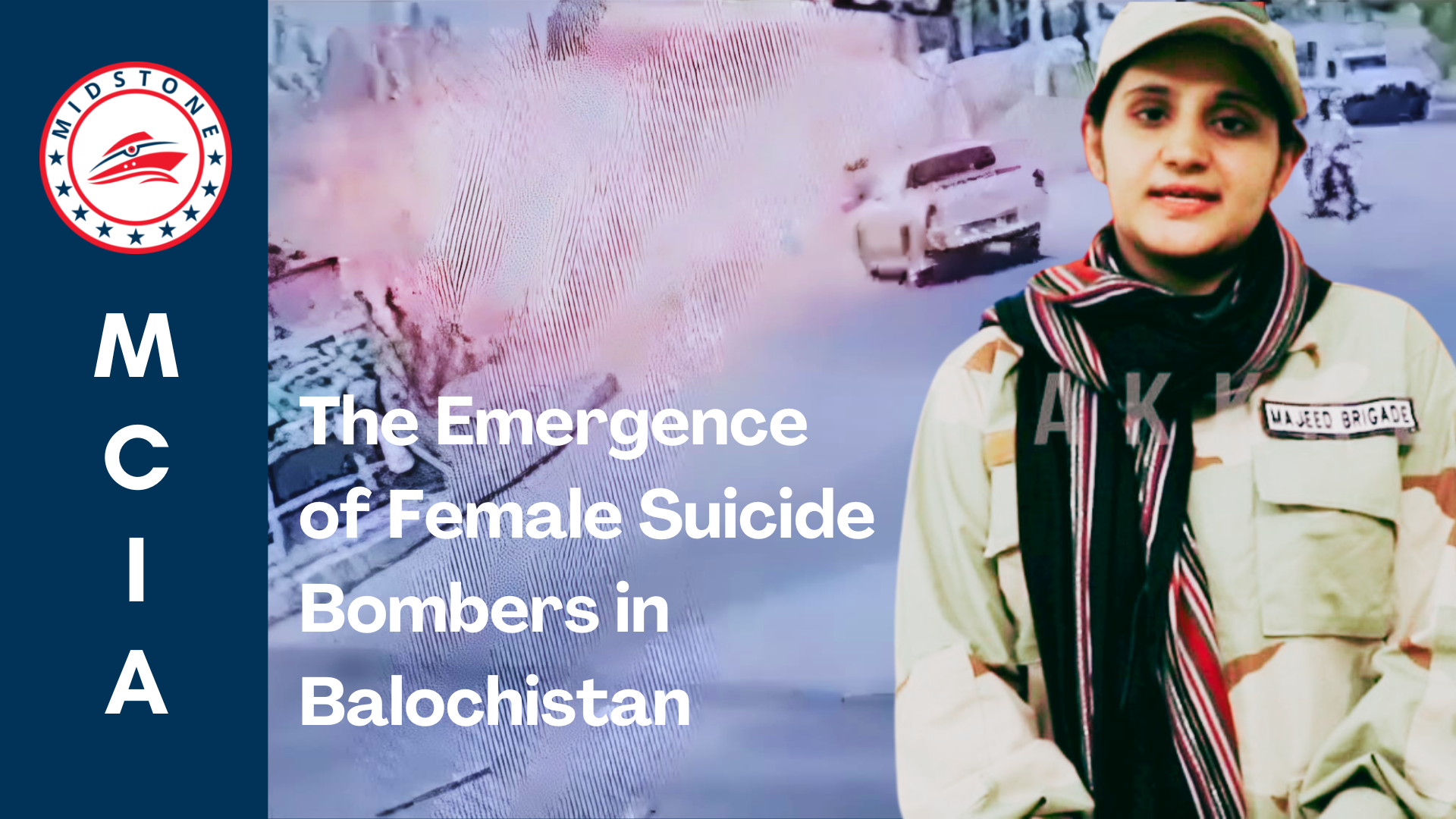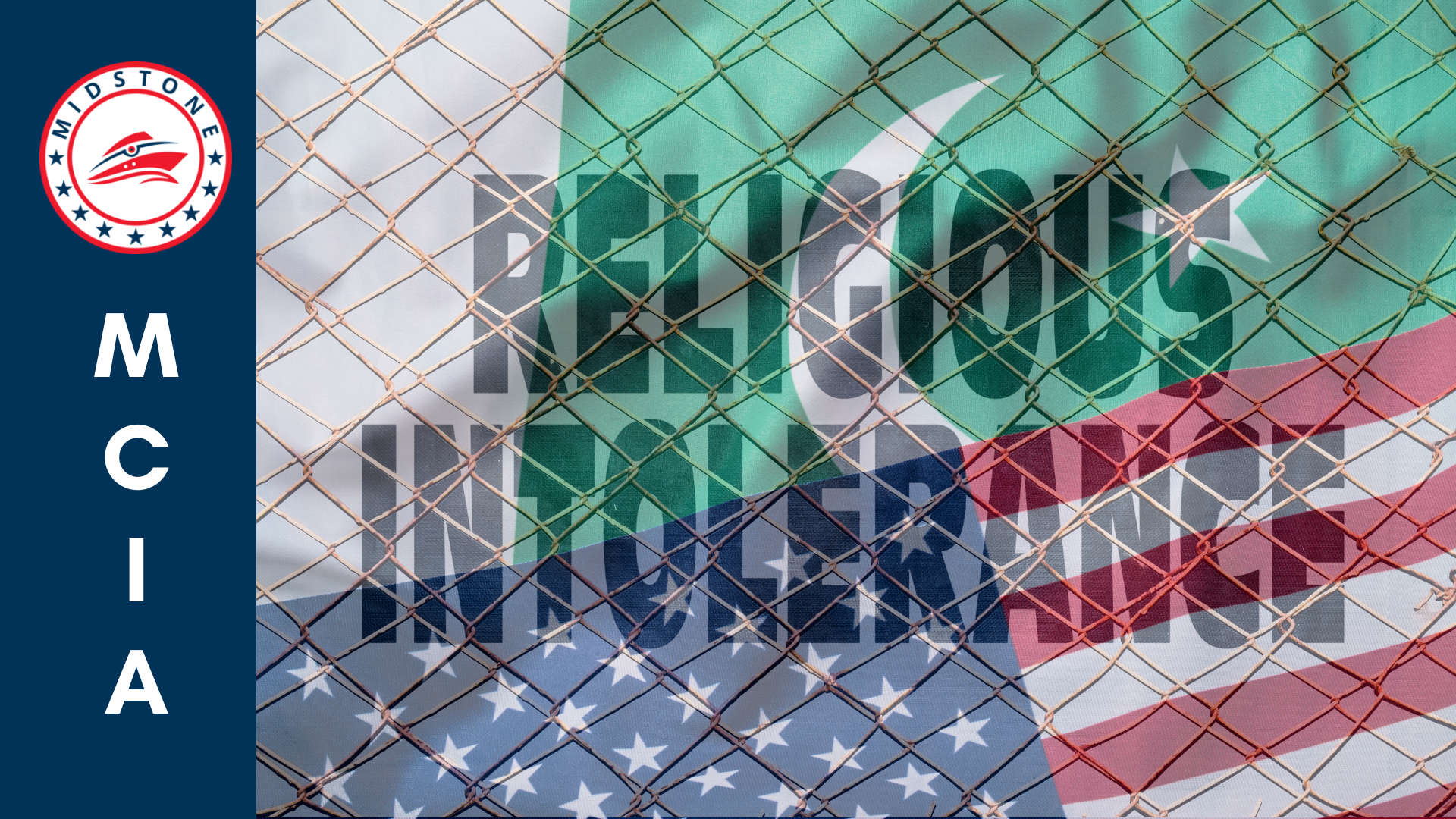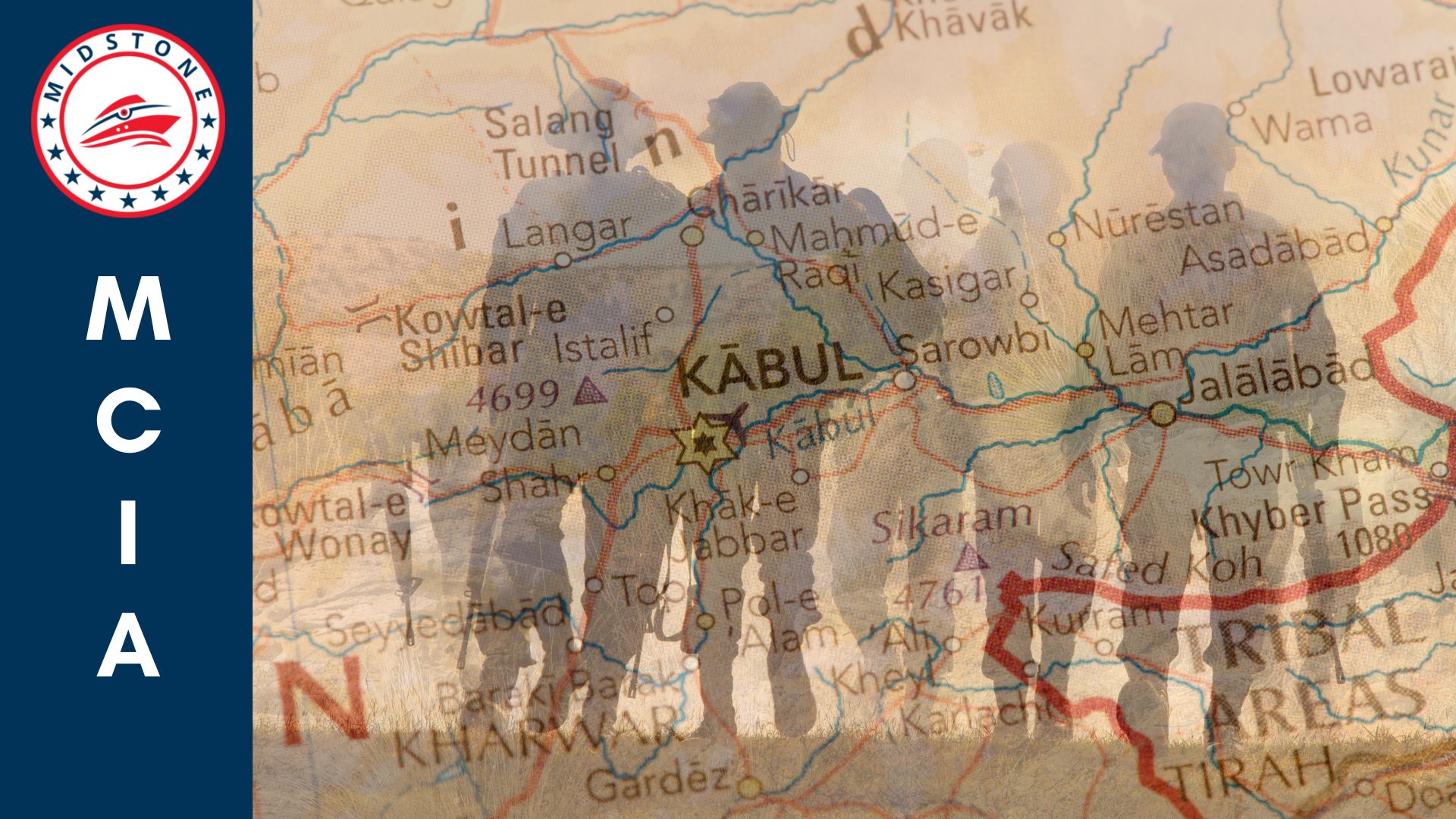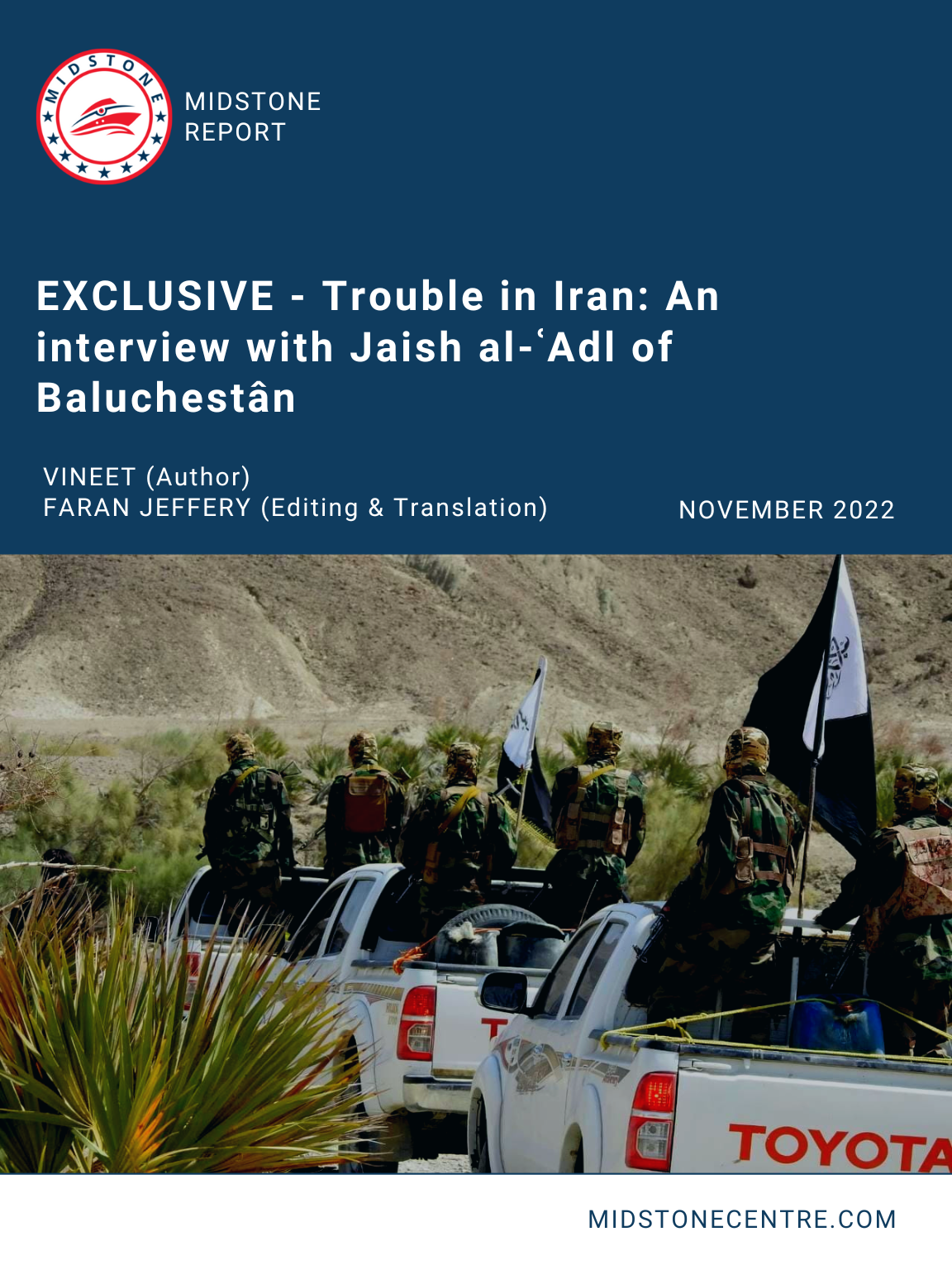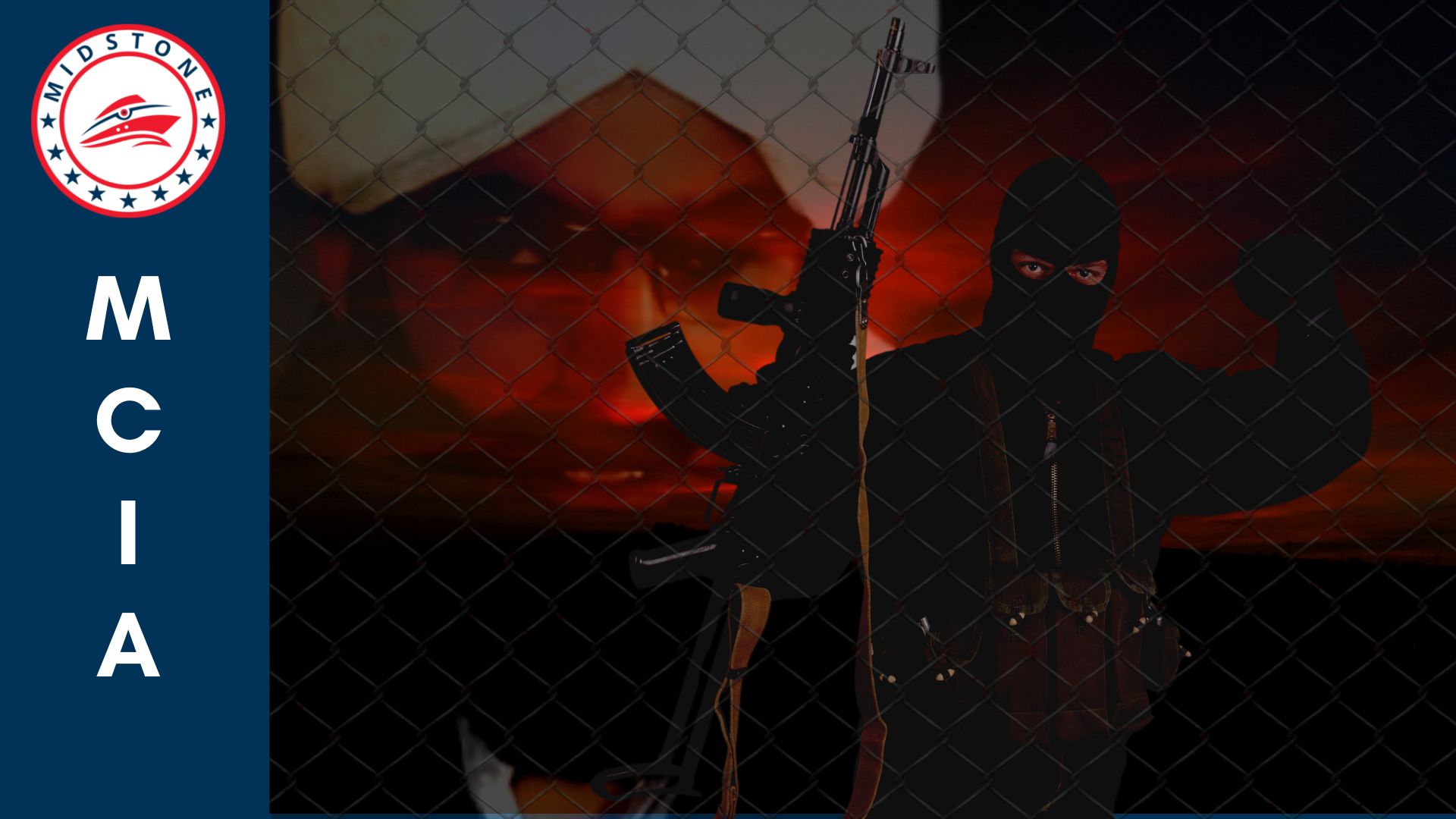India’s recent strikes across multiple Pakistani cities, including Lahore and Rawalpindi, marked the first deep incursion since 1971. Pakistan responded by claiming to have downed several Indian jets, including a Rafale, raising questions about India’s tactical capabilities. Meanwhile, China is using the conflict to test its advanced weaponry against India’s Western defence systems, while the US closely monitors the S-400’s performance in active combat.
As attacks on Chinese nationals in Pakistan intensify, Islamabad faces tough choices about its relationship with Beijing and its own strategic sovereignty. Balancing security imperatives with regional pressures, Pakistan confronts harsh realities: can it safeguard Chinese interests without sacrificing autonomy, or will growing dependence reshape its alliances? This strategic recalibration may redefine Pakistan’s role in a region where China’s expectations and Islamabad’s security challenges continue to clash.
The U.S.-Pakistan Counterterrorism Dialogue, co-chaired by Ambassador Elizabeth Richard from the U.S. Department of State and Ambassador Syed Haider Shah from Pakistan, highlights the ongoing and prospective cooperation between the two nations in addressing regional and global security challenges, specifically the threats posed by Tehreek-e-Taliban Pakistan (TTP) and ISIS-Khorasan.
In Pakistan, a mere accusation of blasphemy can be a death sentence. Even if the accused is eventually acquitted, they may still face persecution and violence. This is because the blasphemy laws are often used as a tool to settle personal scores or to target religious minorities.
In yet another disturbing terror incident in Pakistan, a suicide attack occurred near a police vehicle in the Turbat district of Balochistan. Tragically, the attack resulted in the loss of a police officer’s life, while a female officer sustained injuries. Separatist terrorist group BLA (Balochistan Liberation Army) claimed responsibility through its Majeed Brigade.
The reaction from the Foreign Office of Pakistan on May 25th to the US State Department Report on International Religious Freedom has proven to be interesting.
The fall of Kabul was an eye-opener, imprinted for decades to come on the minds of the Afghan youth, as well as all of Afghanistan's pro-democratic forces; a democratic state turned into a theocratic regime governed by a few Taliban heads over a matter of days.
Tehreek-i-Taliban Pakistan (TTP) has ended its ceasefire, and it has ended it with a literal bang, or in fact several bangs.
A few days ago, Midstone Centre associate Vineet reached out to the spokesperson of Jaish al-ʿAdl, Hossein Baloch, via an encrypted messaging app, and requested an interview. Our request was granted by the group’s spokesperson and a short interview was conducted in Persian. The views and opinions expressed by the individual interviewed are solely his own and are based on his own perspective and opinions. The views expressed in the publication do not necessarily reflect the views of the author or Midstone Centre. In light of the ongoing protests in Iran and the subsequent crackdown by the regime, Jaish al-’Adl announced support for the protesters. The intention behind this interview is to explore and understand the views and stances of Jaish al-’Adl.
Pakistan is in the global spotlight once again: catastrophic flooding caused by untimely and intense monsoon rains – six to seven times the usual volume, according to estimates – have submerged more than half the country’s landmass.

